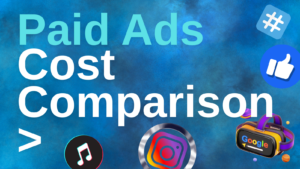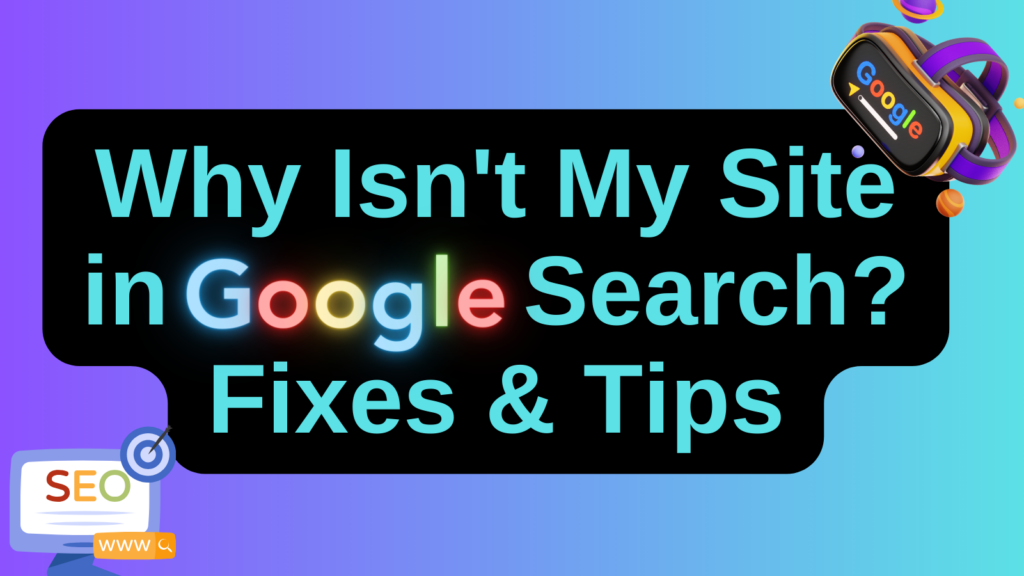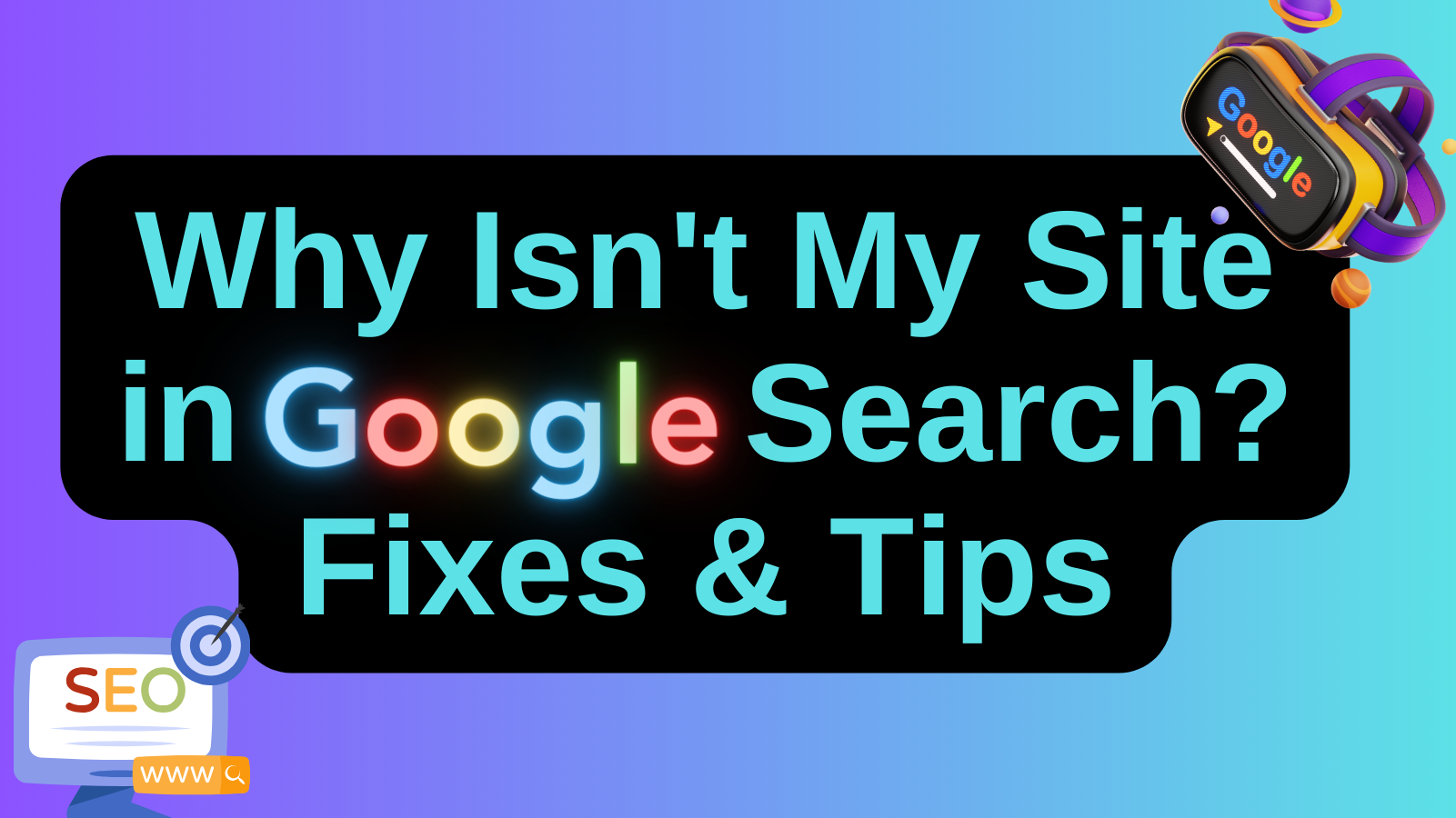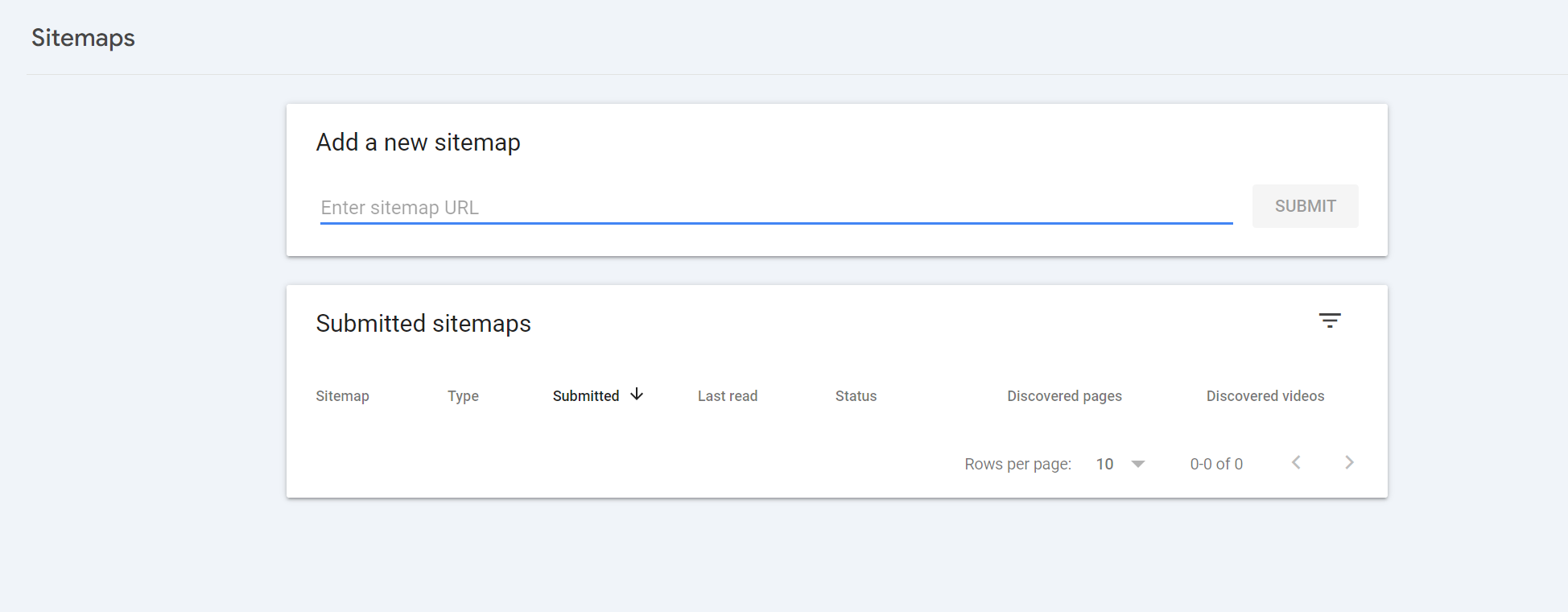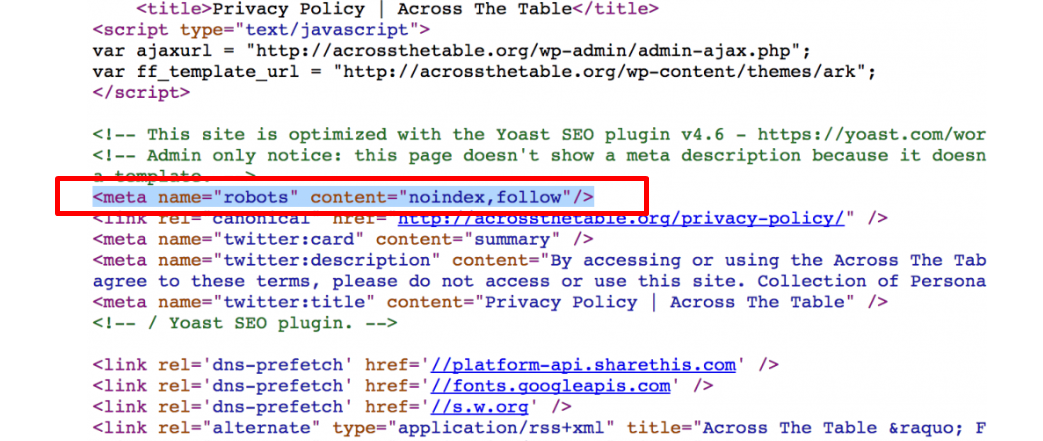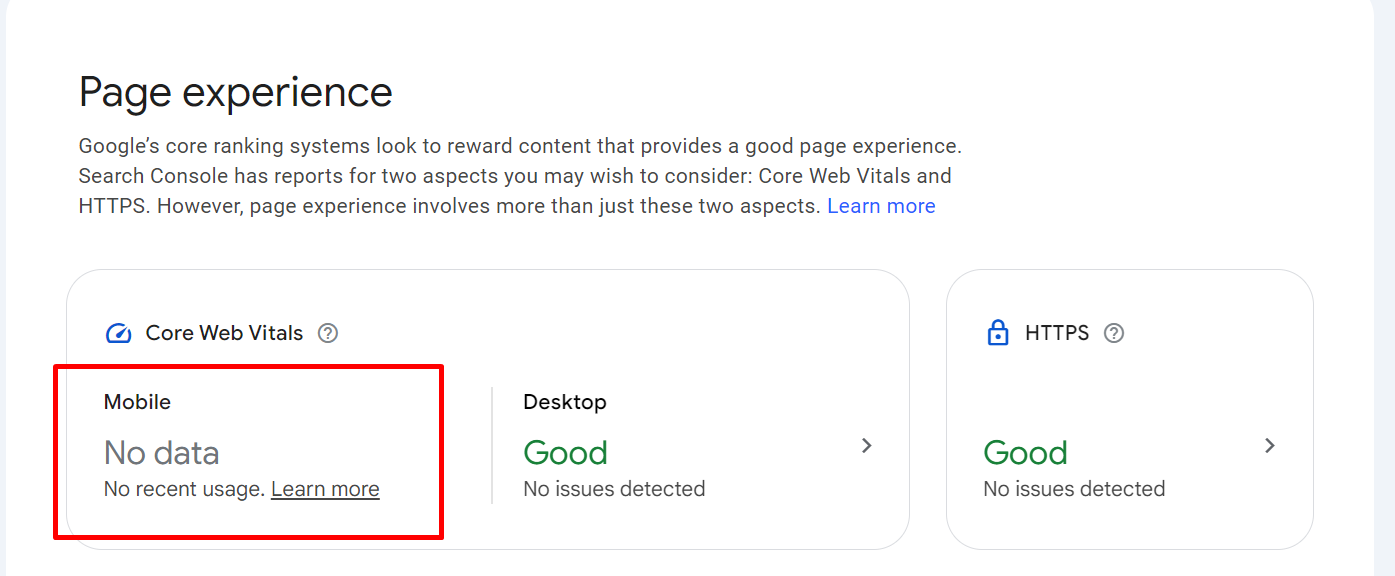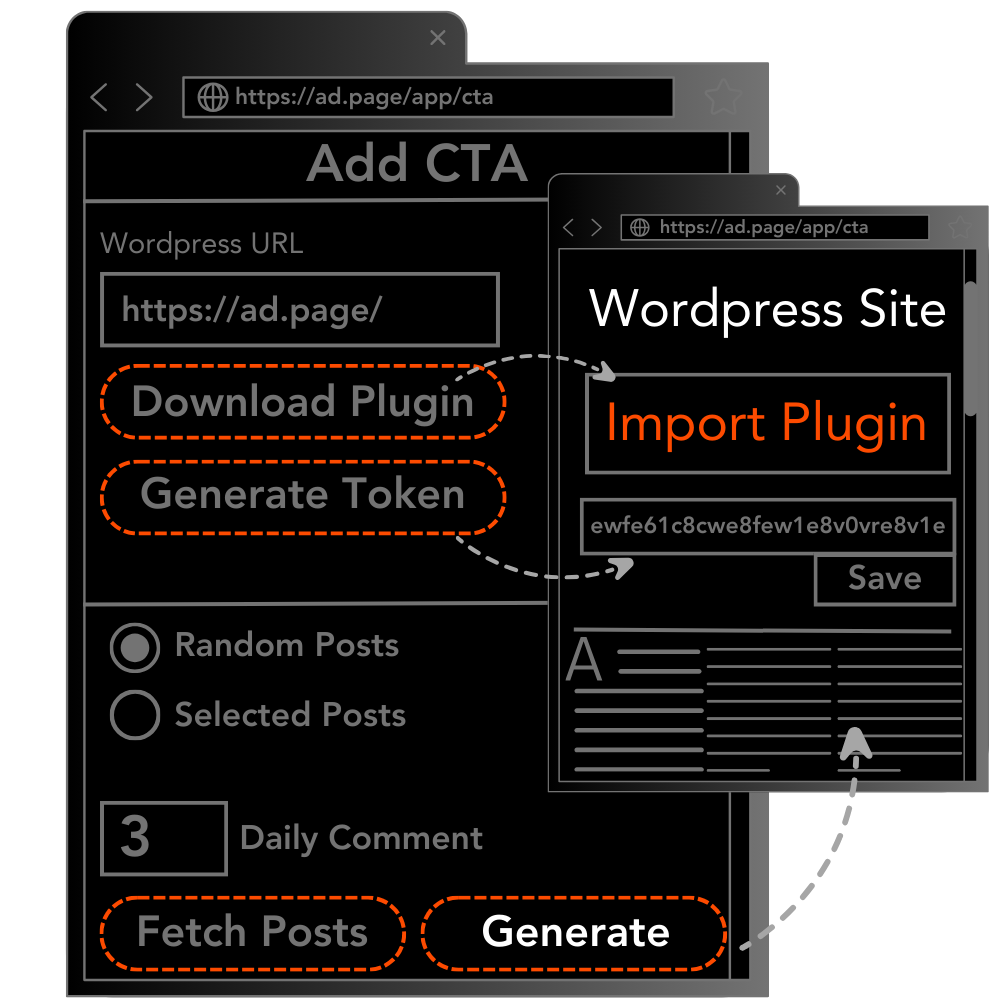When you launch a new website or make changes to your existing site, it can be frustrating when your pages don’t appear in Google search results. Below, we diving into common questions, potential issues, and solutions to help ensure your site appears in Google Search as expected.
Please make sure read this article also we explained technical side of Index prevention of Google Search
And if you have a website some content are showing on Google Search but some of doesn`t please read here also beside this guide.
Common Questions and Answers for Why Isn`t your site not visible on Google ?
Q1: Why isn’t my website showing up in Google Search?
A1: There could be several reasons:
– Google has not indexed your website yet.
In order to check directly please do this in your browser site:https://yourdomain.com
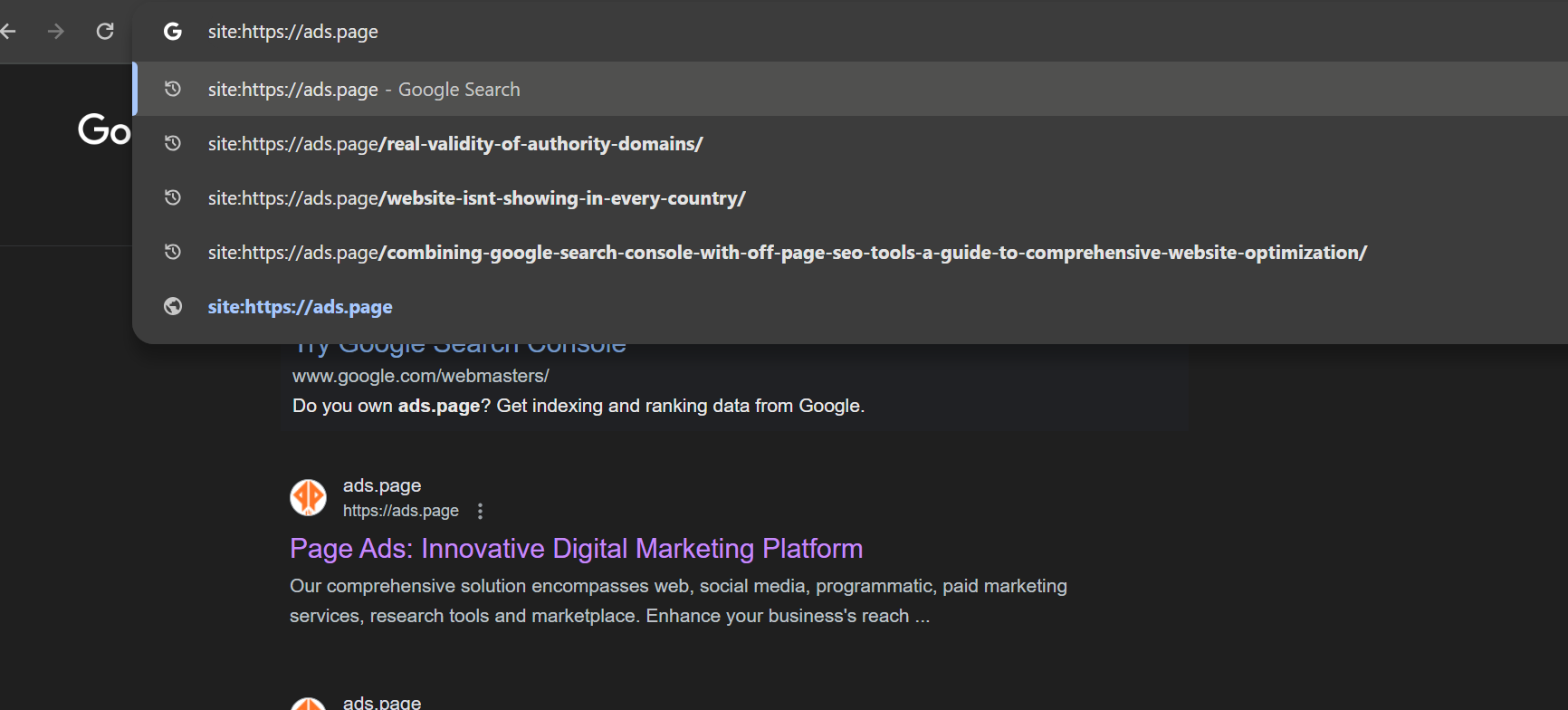
google search
But if you want to check your whole website to indexed you can use Bulk Index Checker
– There are technical issues preventing indexing. (Check Google Index Prevention Issues)
– Your SEO settings are blocking search engines.
Please check this checklist and make sure your site preventing or having issues with any of these materials down below :
Robots.txt: Instructions in the robots.txt file can block search bots.
Here are the specific types of prevention codes can be found on Source HTML you can search Page Source for finding this codes
Prevent Crawling of Entire Site:
Disallow: /foldername/
Prevent Crawling of a Specific Page:
Meta Robots Tag: Pages may have tags telling bots not to index them.
Solution : <meta name=”robots” content=”index, follow”>
Crawl Errors: Technical issues can stop bots from crawling pages.
Solution : Fix the broken links in your HTML code. Search online for Broken Link Checker and use one of these services to scan your whole site or use Google Search Console which is a much better alternative. Here is a guide to how to use Google Search Console (GSC)
Canonical Tags: Incorrect tags can confuse bots about page versions.
Solution : <link rel=”canonical” href=”https://www.example.com/correct-page-url”>
URL Parameters: Parameters in URLs can create duplicate content issues.
Solution : Configure URL parameters to control indexing.
Example
URL: https://www.yourdomain.com/page?key1=value1&key2=value2
Key1, Key2: Variable names
Value1, Value2: Property values
?: Query start
=: Value separator
&: Parameter separator
URL Parameters How could effect your SEO if it doing it wrong ?
Active parameters modify content; passive ones track data meaning could be endangered your SEO position as a broken link.
Common issues include duplicate content, crawl budget waste, and keyword competition also will be wasted on and effect your ranking.
JavaScript & AJAX: Content rendered this way may be inaccessible to bots.
Password Protection: Restricted pages may not be indexed.
Geolocation Limits: Some regions may block bot access.
Page Speed: Slow pages can hinder bot crawling.
Security Issues: Malware or security problems can lead to deindexing.
– The keywords you’re trying to rank for are highly competitive.
Q2: How long does it take for Google to index a new website?
A2: Typically, it can take a few days to a few weeks for a new website to be indexed by Google. If it’s been over a month and your site still isn’t appearing, there might be issues related to indexing or site visibility.
Q3: What can I do to help Google find my website faster?
A3: Ensure you have submitted your sitemap through Google Search Console. Additionally, check your robots.txt file and meta tags to ensure you aren’t inadvertently blocking search engines.
Q4: Why did my website disappear from Google after being visible?
A4: This could be due to penalties (manual or algorithmic), search engine updates, or technical changes on your website. Check Google Search Console for any notices or errors and make corrections.
Checklist for Common Issues
-
Submit Your Website to Google:
– Use Google Search Console to submit your sitemap. This guides Google’s bots to crawl and index your website accurately.
-
Check Robots.txt and Meta Tags:
– Ensure your robots.txt file isn’t blocking important pages.
– Check that none of your crucial pages have the “noindex” meta tag.
-
Ensure Mobile Responsiveness:
– Google favors mobile-friendly websites. Ensure your website is responsive.
-
Improve Website Content:
– Ensure your content is original, relevant, and updated. Regularly updated content is more likely to get indexed.
-
Build Quality Backlinks:
– Backlinks from reputable sites can boost your site’s visibility and credibility. Make sure link building process with natural order and link velocity (backlink gaining frequency)
needs to be
>8 = Considered Dangerous Growth rate could effect SEO in negative way
>5 = Considered Good Growth
3-5 = Medium Growth Rate
<3 = Low Growth Rate
Due to latest core update from Google these are the latest metrics
-
Use Less Competitive Keywords:
– If your keywords are too competitive, consider targeting less competitive phrases that still relate closely to your niche.
FAQs
-
What is a Google penalty, and how can I avoid it?
– A Google penalty results from practices against Google’s guidelines, like buying links. Avoid penalties by following SEO best practices and focusing on organic growth.
-
Why are my internal pages not showing up in Google?
– This could be due to incorrect internal linking or lack of content. Ensure each page is accessible through clear navigation and contains substantial information. Consider using services like CTA which does internal and external linking.
By addressing these points, you’ll enhance your chances of not only appearing in search results but also ranking well on Google.

